Pocketing allowance a ‘betrayal of shareholders’ if company CEOs copied our MPs
Outgoing senator Derryn Hinch has called for an end to federal politicians pocketing unused electorate allowances on top of their base salary of $207,100, with tax experts saying it wouldn’t be tolerated in the private sector.
NSW
Don't miss out on the headlines from NSW. Followed categories will be added to My News.
- MPs claim tax deductions of up to $50k each yearly
- Labor MPs busted funnelling allowances to ALP think-tank
If company CEOs pocketed allowances as federal Members of Parliament are allowed to, it would be a “betrayal of shareholders”, a tax expert has warned.
Outgoing senator Derryn Hinch has called for an end to a “rort” allowing politicians to pocket unspent electoral allowance funds intended to help them travel and meet with constituents.
On top of the MPs’ base salaries, which start at $207,100 and will rise by $4000 next year, every senator and MP receives an annual electoral allowance of between $32,000 and $46,000.
The allowance is paid monthly in arrears and is designed to be used for engagement with constituents, but a quirk in the system means politicians can legally keep the money as income if it’s not spent.
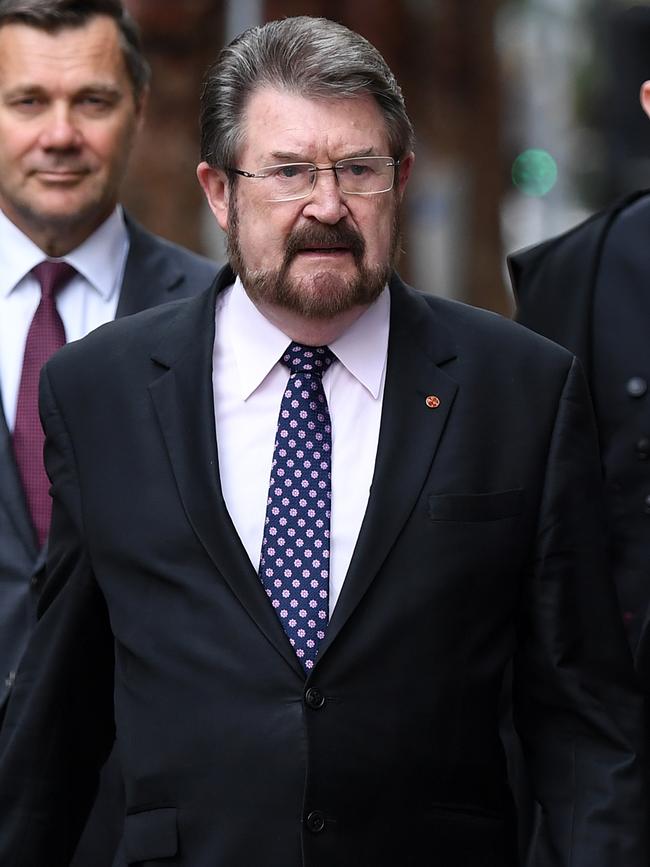
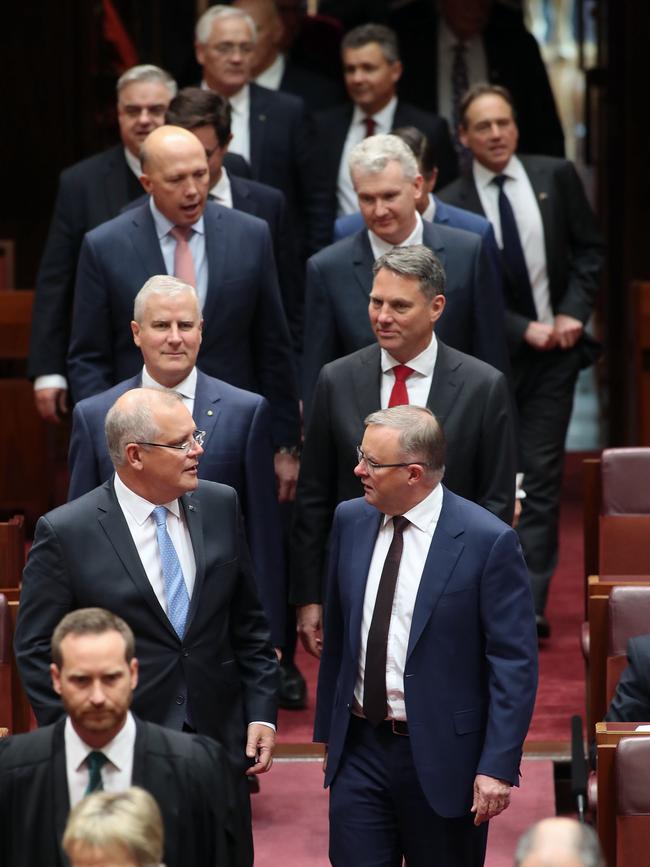
MORE NEWS
$5k horse lands slain terrorist’s brother in jail
Cass Thorburn and Karl Stefanovic to sell dream home
Senior Liberals in talks with Zali Steggall
Mr Hinch has called for the system to be “fixed” as he believes politicians should not be able to pocket any unused allowance.
“I was amazed when I first came to Canberra and was told the electoral allowance was an allowance,” he said.
“They said if you don’t spend it, you can declare it as income. They were quite open about that.”
Mr Hinch, who is now the host of a new Sky TV show, said he funded community initiatives using his electoral allowance, including an oven for a men’s shed and vouchers for Lifeline at Christmas for women in refuges.
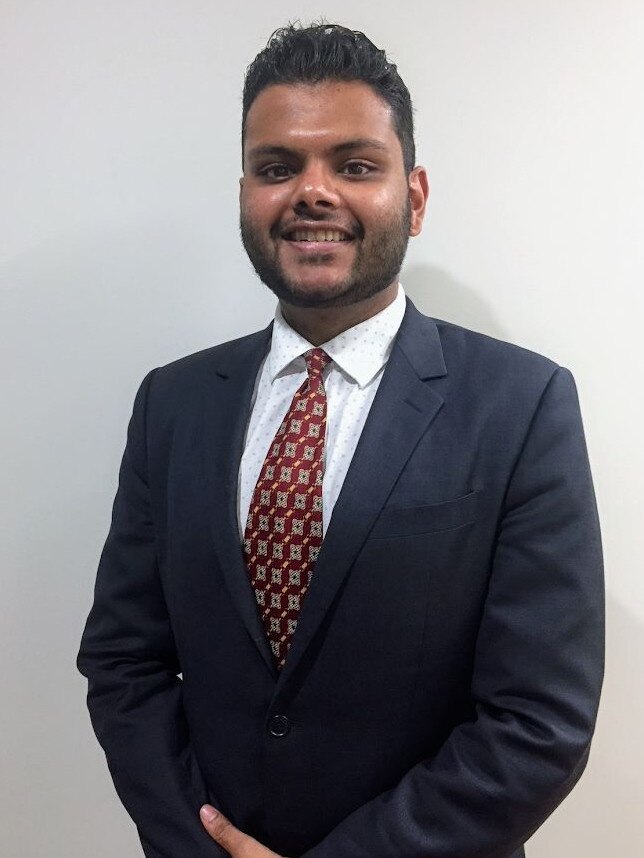
Australian Taxpayers’ Alliance policy director Satya Marar said the entitlements system in Australia functioned in a “bizarre way”.
“The CEO of any private company would find the idea a $30,000-plus travel allowance specifically set aside for engaging with constituents could simply be pocketed as extra income at the end of the year if unused to be absurd and a betrayal of the shareholders,” he said.
Mr Marar said other taxpayers have to keep receipts and take notes for work-related expenses and be upfront with their employers.
“There is no reason why our elected officials, whose salaries and entitlements are paid for by hardworking taxpayers, can’t offer us the same courtesy,” he said.
Taxpayers are being slugged almost $2 million per year to pay for each politician who is sent to Canberra, The Daily Telegraph’s analysis of their perks, travel and salaries has found.
Catering for the country’s 227 senators and MPs does not come cheap.
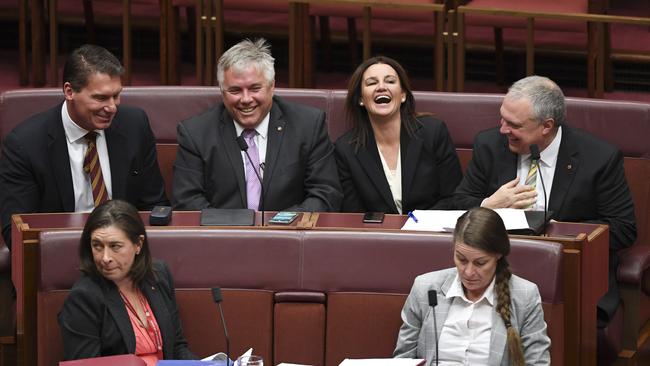
The total bill paid by the public was $452.1 million last tax year — and that doesn’t even take into account the $441 million to fund the Department of Prime Minister and Cabinet to give our pollies advice.
Nor the $44 million to run the departments of the Senate and House of Representatives when they attend Parliament for a paltry average of just 67 days a year.
While some entitlements have been wound back in recent years, including the notorious “gold card” free travel for former MPs, there is still plenty of room for improvement, financial experts say.
Our highest-paid Member of Parliament, PM Scott Morrison, is on $538,460 and is expected to get a $10,000 pay rise next year.
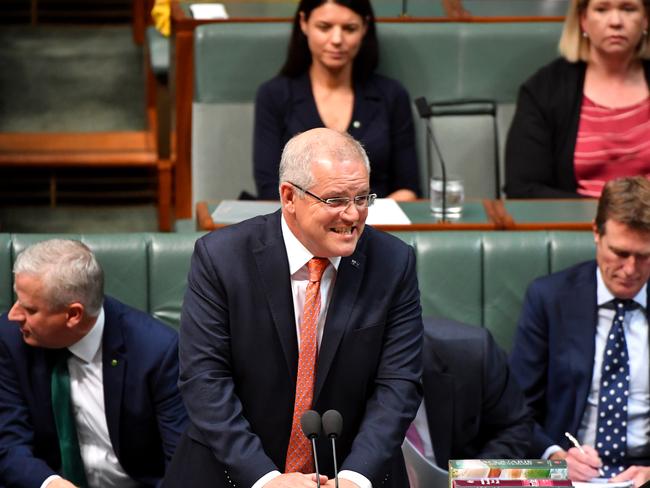
Then there’s the perks, including free travel around the country, overseas trips, free cars and petrol, free newspapers and magazines, and free internet and phone lines — including a second land line if necessary for the weekender.
If they don’t want a car, they can pocket $19,500 a year instead.
Crunching the numbers published by the Independent Parliamentary Expenses Authority shows the free travel scheme for politicians’ families has cost the country more than $1 million over the past 12 months.
Big spenders included minister Melissa Price charging $30,614 and Assistant Minister for Vocational Education, Training and Apprenticeships Steve Irons on $25,499.
One tidy way of getting extra cash is the travel allowance, where MPs can stay at a mate’s place in Canberra and still claim $288 a night.
All up, MPs legally claimed a cool $6.8 million in those allowances over the past year.
Our elected representatives were also given $3.9 million worth of free overseas trips and another $11.8 million for domestic travel.

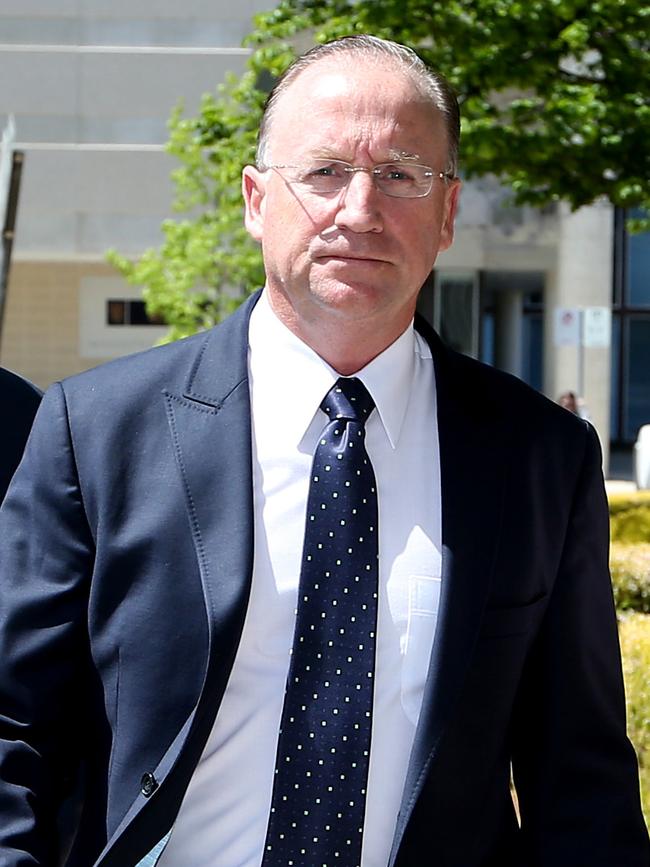
MPs and senators are also entitled to four staff each in their electorates, and the staff alone managed to rack up $35 million in travel costs.
Free magazines and papers are another perk. For example, Nationals Senator Ken O’Dowd charged $1085 for three months’ worth this year.
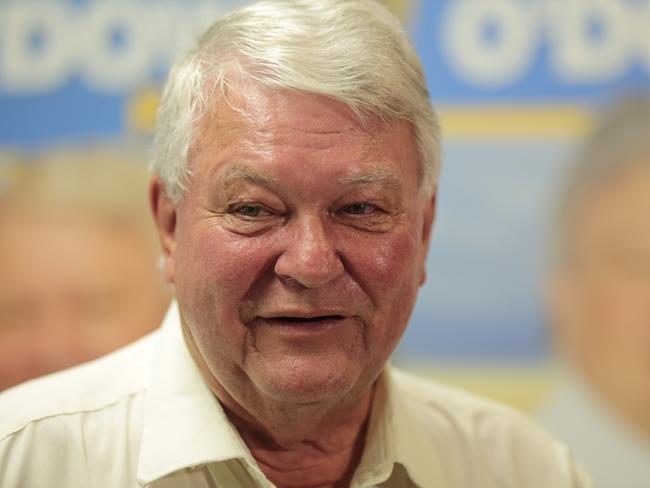
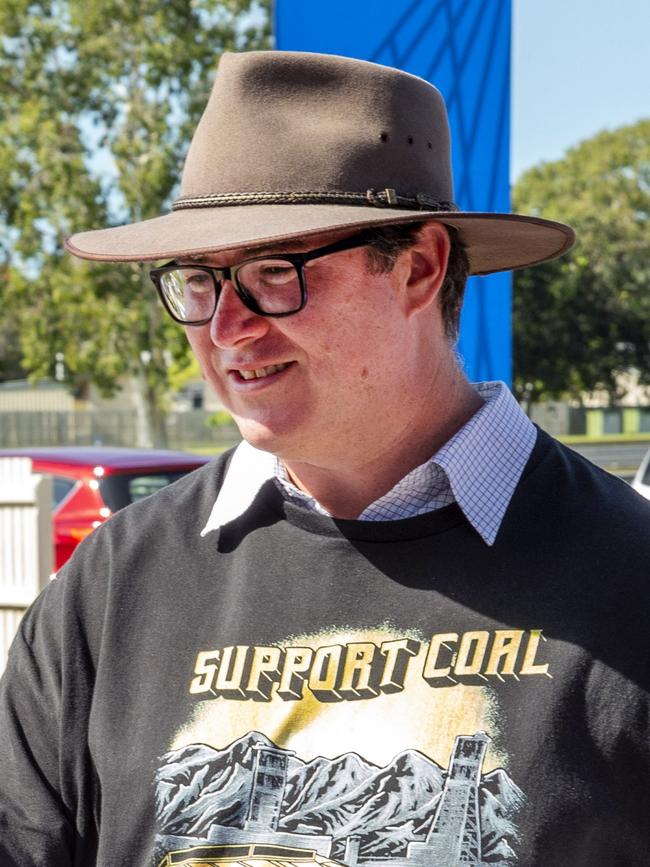
Comcars are also provided, with LNP MP George Christensen spending $2700 in four months.
Institute of Public Affairs policy director Gideon Rozner said that while parliamentarians’ wages and entitlements were generous, they were a “drop in the bucket” compared to the largesse of the broader Canberra “swamp”.
“Mainstream Australians should be concerned about the extraordinary amount of public money spent on things like hefty public sector wage and superannuation premiums compared with the private sector, and grants to non-government organisations that engage in political lobbying,” he said.
He said upcoming IPA research estimates that the Canberra “swamp” costs us around $8 billion annually.
“But more importantly, the extraordinary size of our political class is creating excessive red tape and making life increasingly difficult for ordinary Australian families and businesses outside the Canberra bubble.”
$1080 IN TAX CUTS FLOWS INTO ACCOUNTS
Aussie low- and middle-income earners will begin receiving $1080 this week deposited into their accounts by the ATO as the federal government’s tax cuts begin.
About 4.5 million workers who earned between $40,000 and $90,000 are expected to get $1080 in cash back when they lodge their tax returns for the 2018-19 financial year.
The Australian Taxation Office will automatically apply the tax cut, which was passed through Parliament in full on Thursday, to people who have already lodged their tax return.
Under the new plan people earning up to $37,000 would receive up to $255.
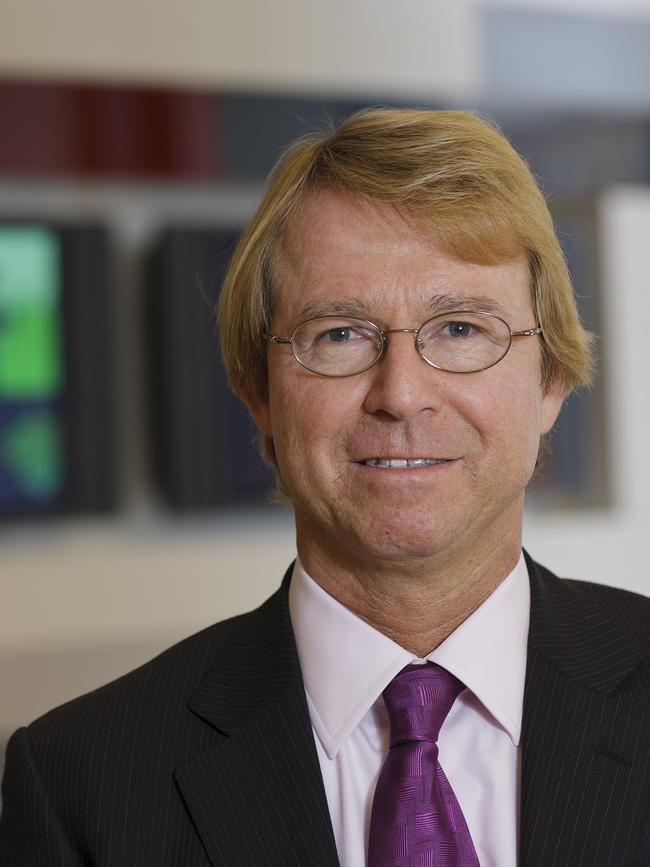
AMP Capital chief economist Shane Oliver said while the tax rebates are “not as generous” as the stimulus lump sums delivered in 2008 and 2009 by the Rudd government during the Global Financial Crisis, there would still be a positive flow-on effect to the retail sector.
“In a big picture it’s about 0.6 per cent of household after-tax income, which is more money into the hands of ordinary people,” he said.
Mr Oliver said that, based on spending behaviour during the stimulus package a decade ago, some people would spend the extra cash on mortgages and savings, but retailers would also likely start to feel a spike by about September.
“In 2009 the household savings rate rose from around 2 per cent and spiked up to about 10 per cent … retail sales growth went from 3 per cent in late 2008 and got as high as about 7 per cent, so there was a boost,” he said.
Prime Minister Scott Morrison said last week he was “very keen” for people to make their own choices about how the extra money is spent.
“It’s their money, it’s not mine,” he said. “They earned it and I want them to keep it.”
— Clare Armstrong



